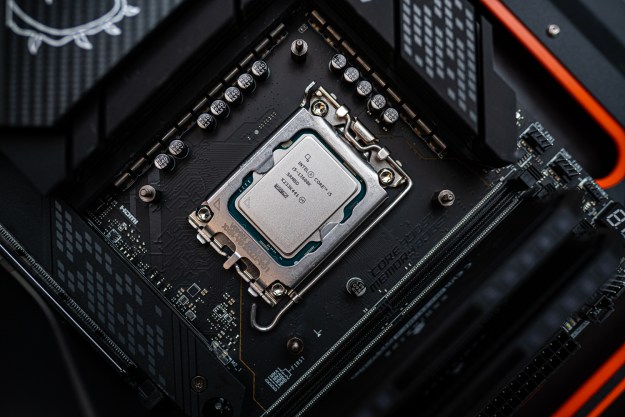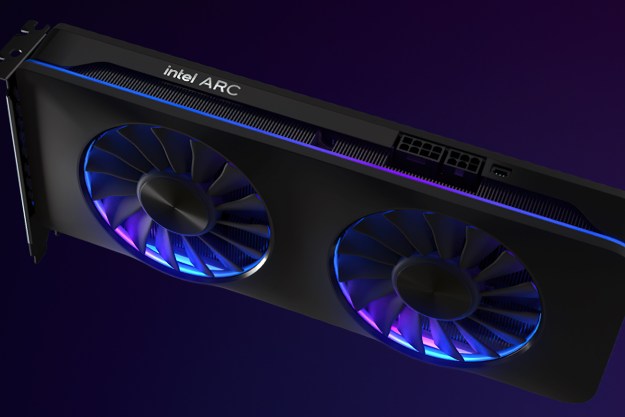A security issue that could affect almost all Intel processors released in the last five years has been discovered. Researchers at the security firm Positive Technologies found an error in a system called the Intel Converged Security and Management Engine (CSME), as well as in the hardware of the chips themselves.
The CSME system is used in a large number of processes on the chips, including initial authentication, and is the basis for various hardware security technologies used on Intel chipsets. It may be impossible to fully secure against this vulnerability.
“This vulnerability jeopardizes everything Intel has done to build the root of trust and lay a solid security foundation on the company’s platforms,” the researchers wrote in a blog post. “The problem is not only that it is impossible to fix firmware errors that are hard-coded in the Mask ROM of microprocessors and chipsets. The larger worry is that, because this vulnerability allows a compromise at the hardware level, it destroys the chain of trust for the platform as a whole.”
Security researcher Mark Ermolov gave more details about the vulnerability in a statement: “The vulnerability resembles an error recently identified in the BootROM of Apple mobile platforms, but affects only Intel systems. Both vulnerabilities allow extracting users’ encrypted data.
“Here, attackers can obtain the key in many different ways. For example, they can extract it from a lost or stolen laptop in order to decrypt confidential data. Unscrupulous suppliers, contractors, or even employees with physical access to the computer can get hold of the key. In some cases, attackers can intercept the key remotely, provided they have gained local access to a target PC as part of a multistage attack, or if the manufacturer allows remote firmware updates of internal devices, such as Intel Integrated Sensor Hub.”
Intel has issued a patch to mitigate the issue, which should make it harder for hackers to take advantage of the vulnerability. However, the security issue cannot be completed fixed through software patching. To completely secure against the issue, short of buying a new processor, Positive Technologies recommends disabling Intel CSME-based encryption of data storage devices.
If you are concerned about the security of your Intel chip, there is a page of information and recommendation on Intel’s website that you can check for guidance.
Editors' Recommendations
- CPU owners are suing Intel. Here’s the surprising reason why
- The iPhone 15’s chip challenges Intel’s fastest desktop CPU — but there’s a catch
- Intel thinks your next CPU needs an AI processor — here’s why
- Intel’s Core i9-13900KS hits 6GHz out of the box, but there’s a catch
- Intel’s 24-core laptop CPU might outclass desktop i9 processors




